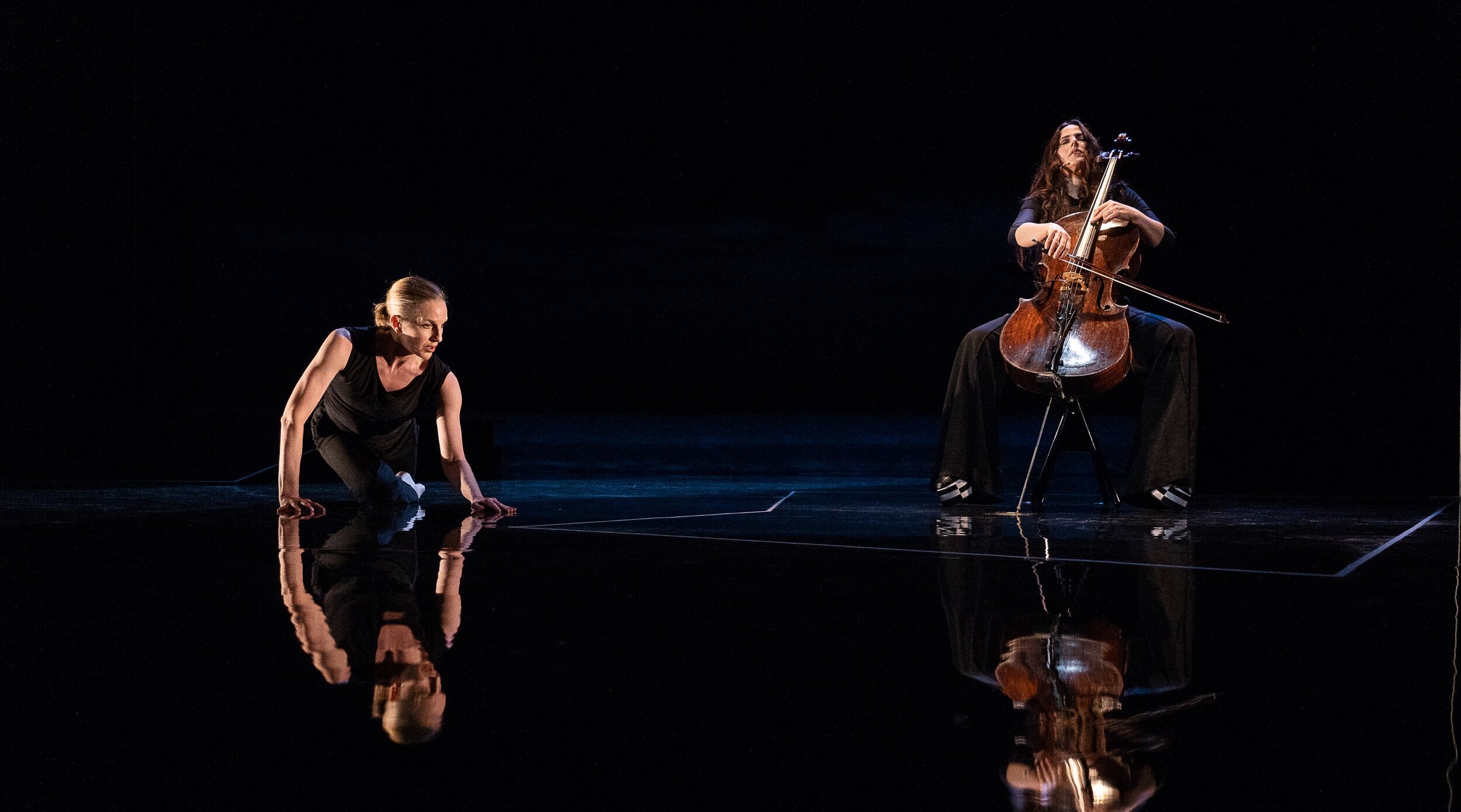Let's Not

Bowie’s swan song deserves better.
So does the audience.
“It seemed like a good idea at the time.” There are countless iterations of this sentiment, and we encounter them in nearly every corner of our existence. Countless projects that looked good on paper, or made perfect sense at a moment of heightened emotional response, get greenlighted by reasonable minds and bankrolled by people whom we assume should know better (if only because they were smart enough to make the money in the first place).The results can be tragic (The Iraq War), predictable (agreeing to work for Donald Trump), laughably inept (the film version of Sgt. Pepper’s Lonely Hearts Club Band), career-ending (again, Trump), or just disappointing (where to start?).
It’s that last one we encounter most often in the arts, because a) we tend to trust the judgement of artists we like and admire, b) an artist’s participation in something that sounds interesting can be percieved as a kind of imprimatur (again, see Sgt. Pepper, film version) and c) we forget, or choose to ignore, the fact that even artists do things just for a payday. There’s nothing wrong with that last part -- most of us are in that boat -- but it does suck when the audience’s time and money gets spent on something that turns out to be such an obviously bad idea in hindsight. Or at least once the lights go down.
I felt this way Saturday night at Strathmore after the first fifteen minutes of Bowie Cello Symphonic:Blackstar, a musical collaboration between conductor/composer Evan Ziporyn and cellist Maya Beiser that professes to be a cello concerto based on David Bowie’s final album and career swan song, Blackstar.
I don’t want to quibble about precise definitions of what constitutes a concerto, especially when the creators are founding members of Bang on a Can Allstars, but transcribing an album of seven songs sung by Bowie and performed by a jazz ensemble into seven pieces performed by a chamber orchestra fronted by a miked cello, without any significant elaboration or transformation of the original material beyond the obvious, doesn’t quite seem to cut it.
Regardless of what one might think about the Philip Glass symphonies based on Bowie and Brian Eno’s Berlin trilogy of albums, he at least used that material as the jumping off point for his own musical ideas, using the melodies as a foundation for a different works which reflect rather than regurgiate, and reinterpret rather than faithfully follow a blueprint created by Bowie and the saxophonist Donny McCaslin.
The result here was little more than a hipster version of muzak, and while it was obviously enough for many in the audience, Bowie’s music, and his legacy, deserves more thoughtful consideration. That so little intellectual inquisitiveness was brought to bear on the project is what truly surprises, as both Beiser and Ziporyn have been involved in serious efforts to knock down the walls between the classical and pop music realms. If they weren’t always successful, at least they seemed sincerely inquisitive about why we’re content to let music sit in creative silos, and showed what can happen when those silos are dismantled.
The sourness of it all was only heightened by the banal encores, which padded out the performance to more than hour. Beiser came back onstage and said something along the lines of “We miss David Bowie. We wish he were still here,” which served as the cue to perform Pink Floyd’s “Wish You Were Here,” a choice that, given that song’s lyrics, made absolutely no sense to me whatsoever. Why not “Ashes to Ashes” or “Rock and Roll Suicide”? Better yet, why not skip the idea altogether. It didn’t stop there, as the band went on with ridiculous covers of “Let’s Dance,” (wtf?) “Life on Mars,” and “Ziggy Stardust.” If more followed, I missed it, as I had heard enough.





